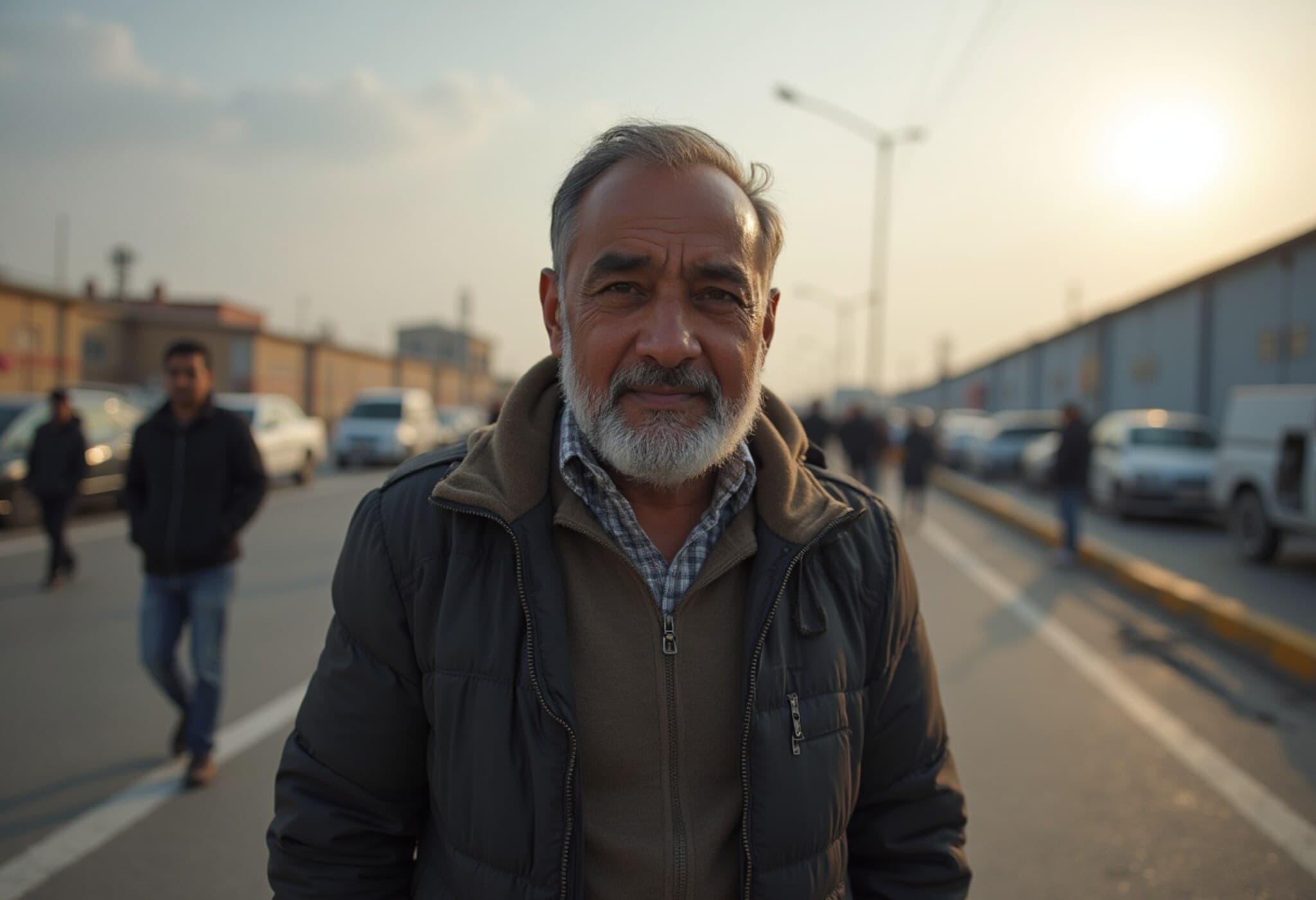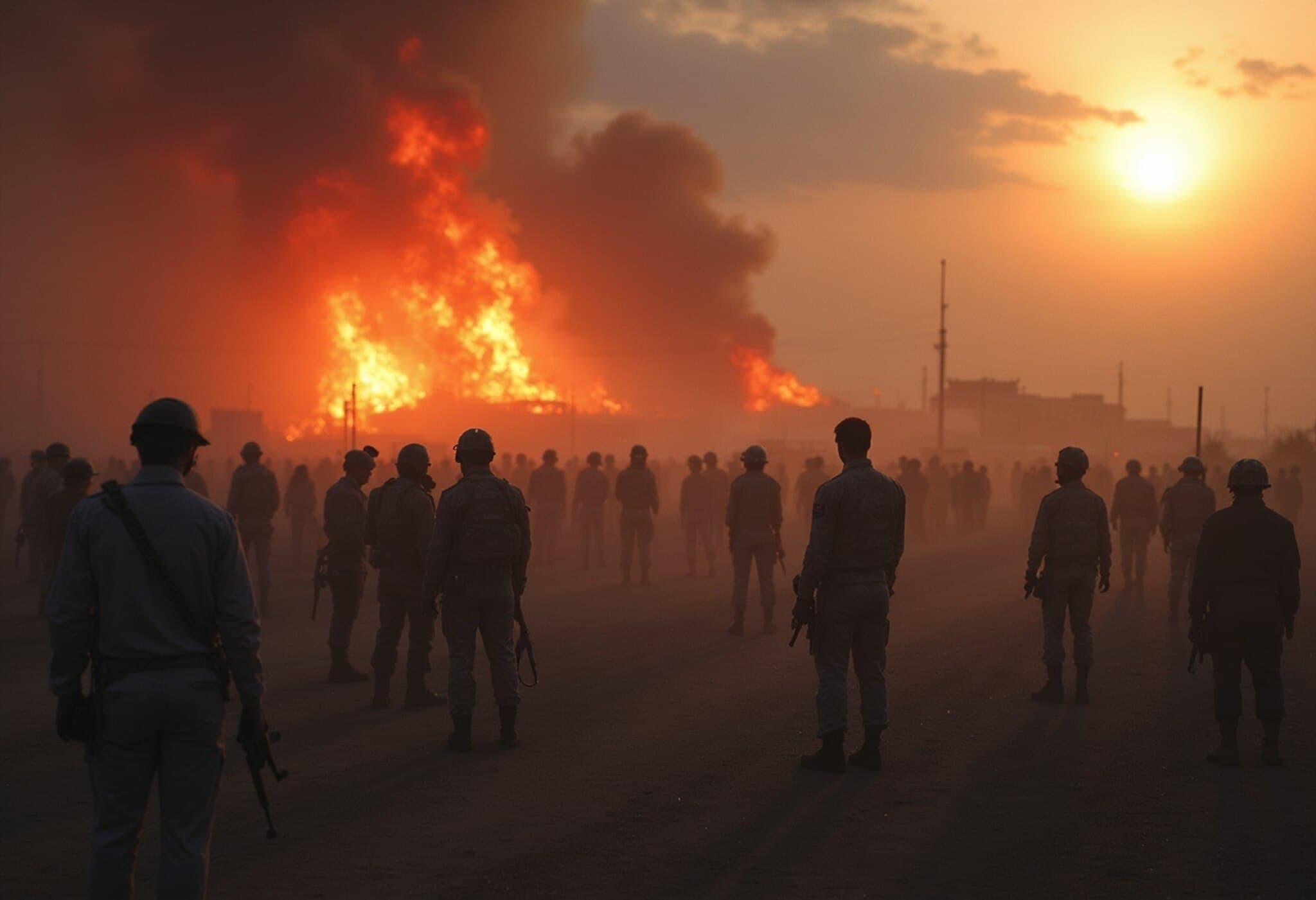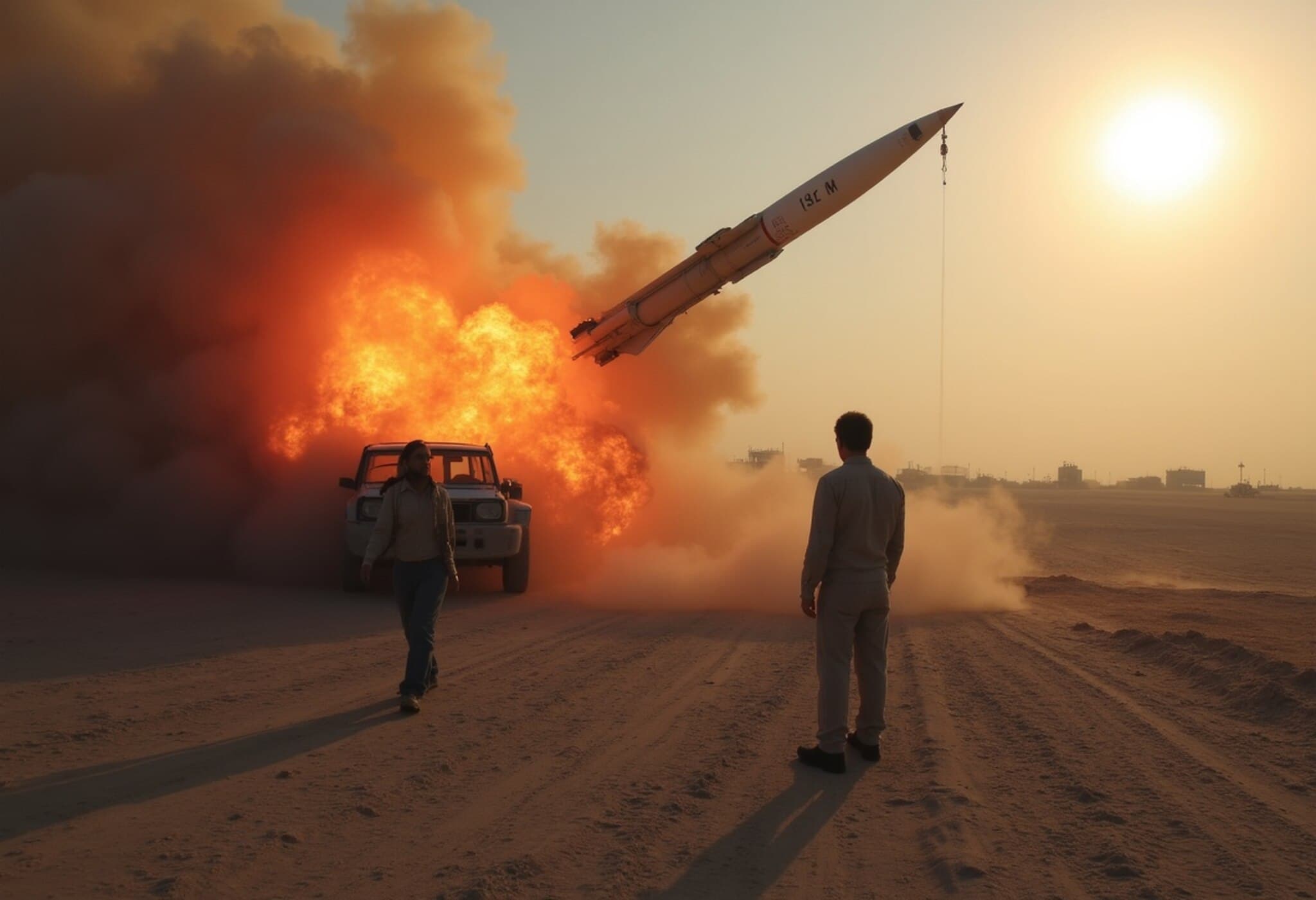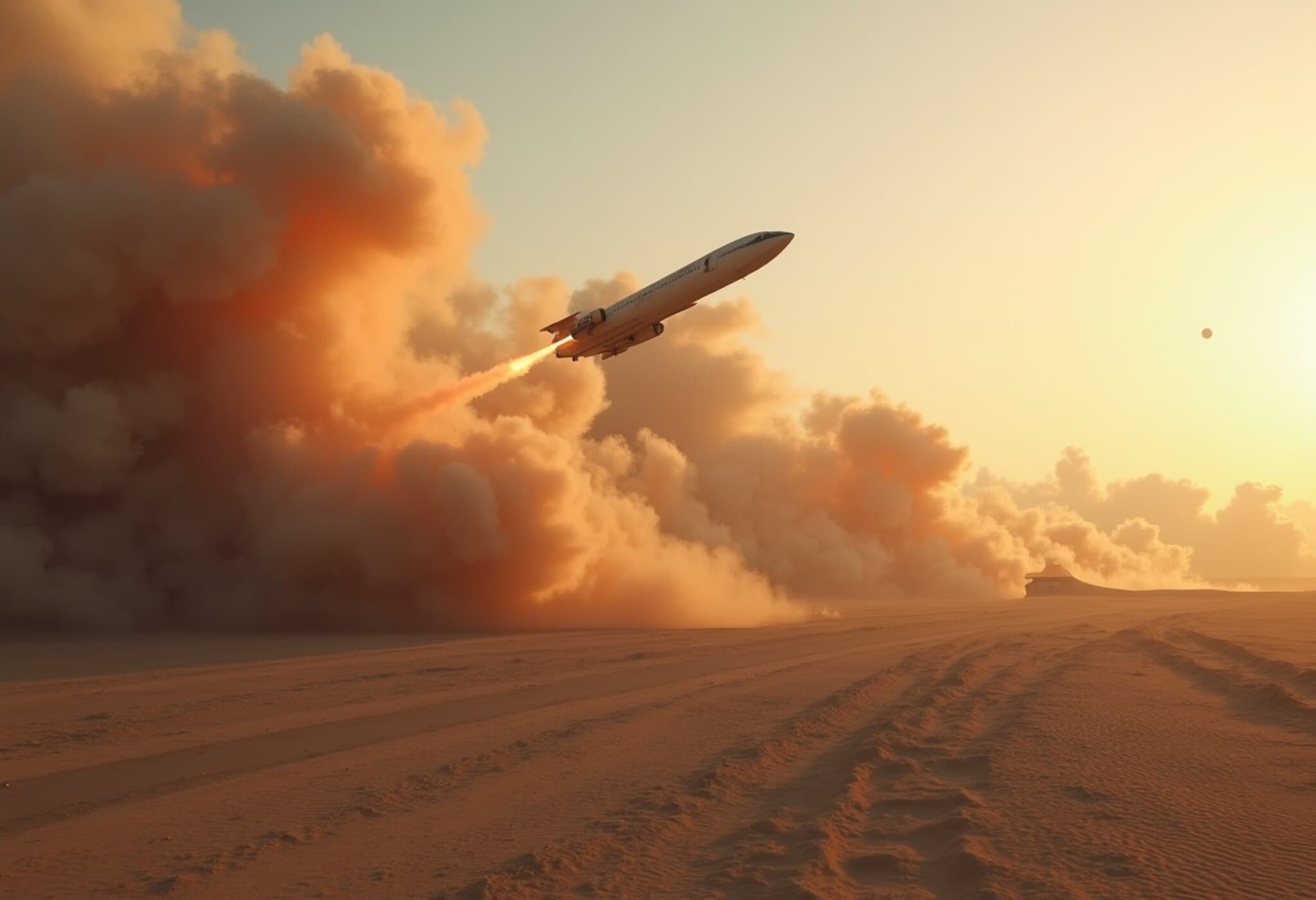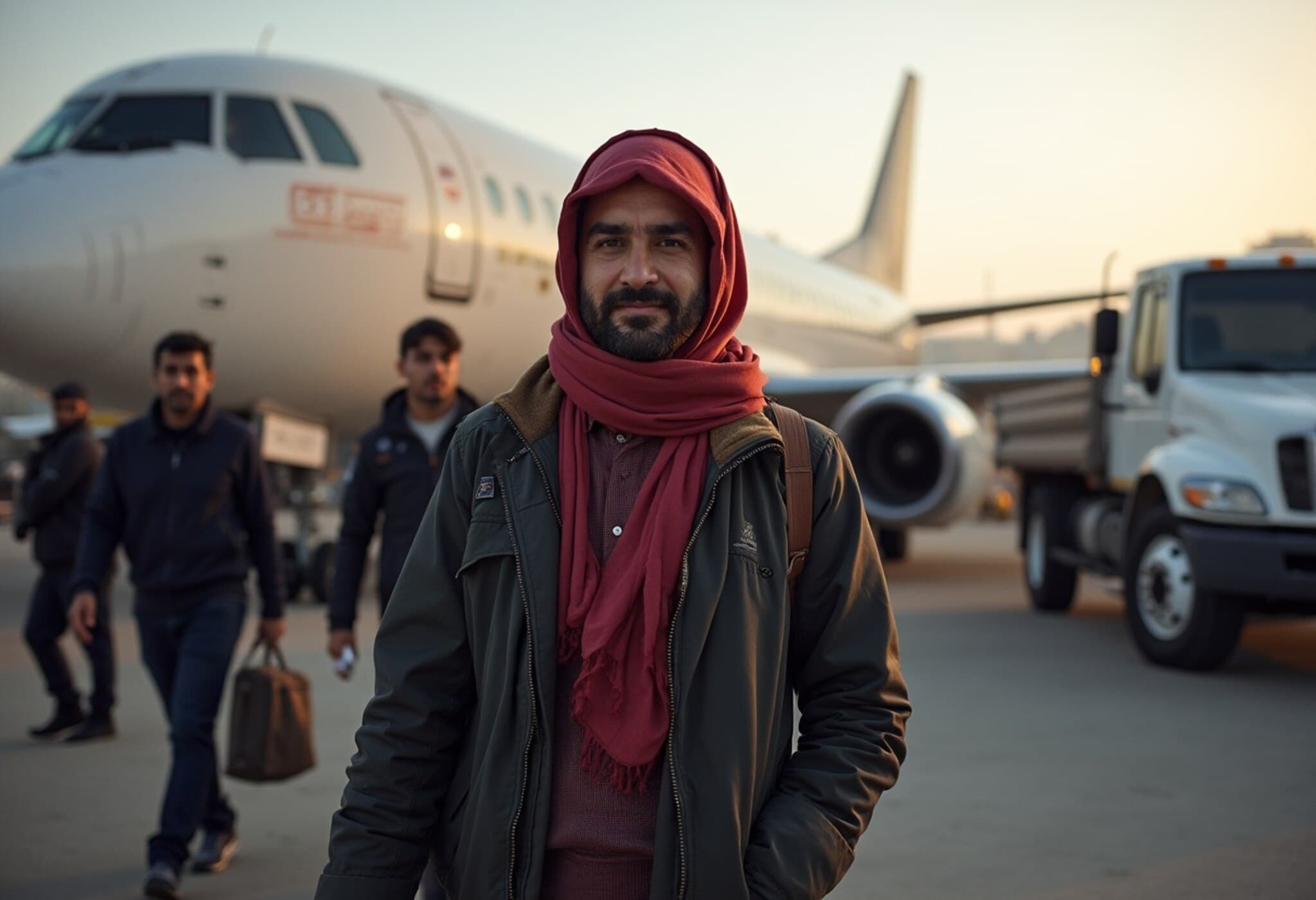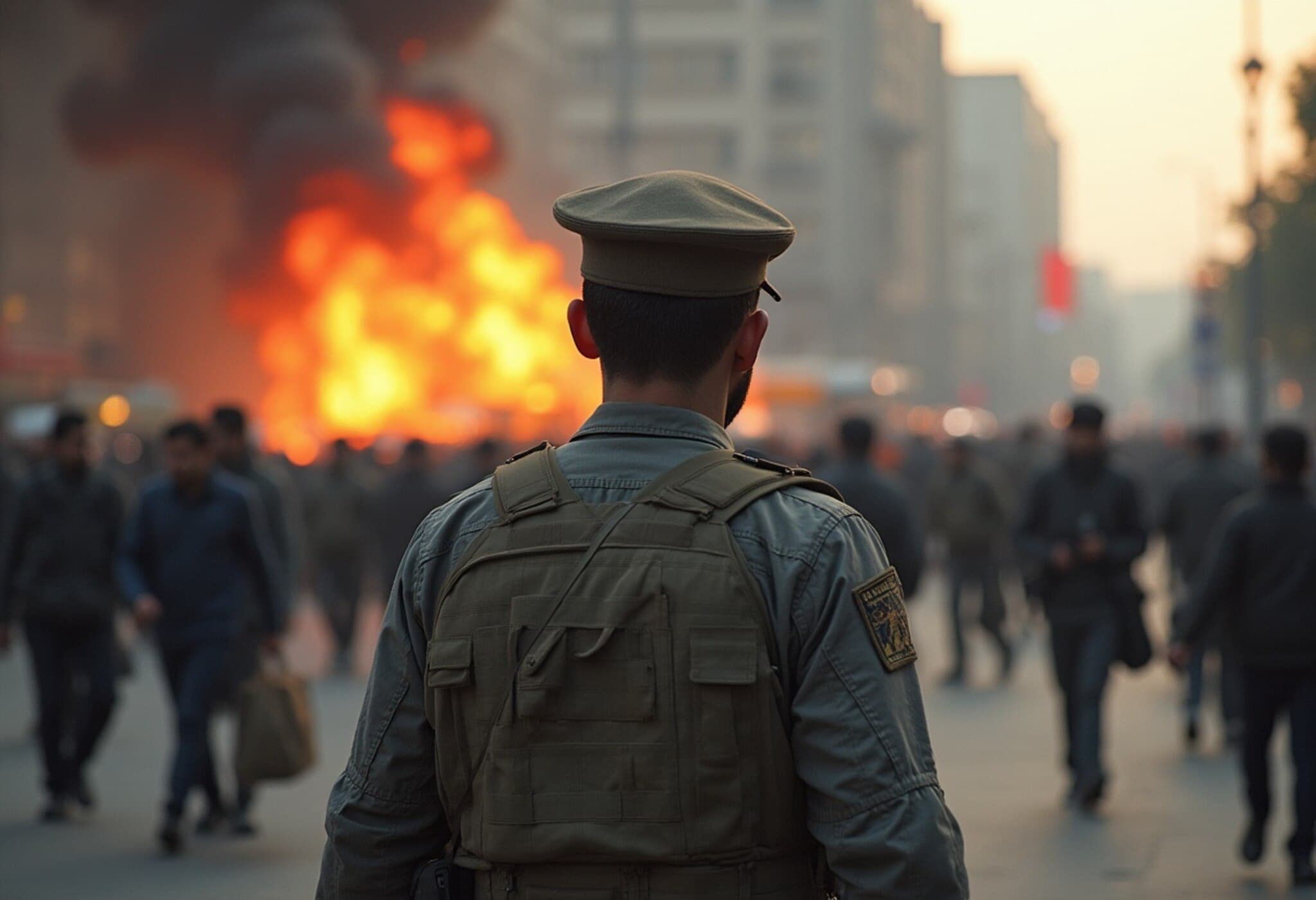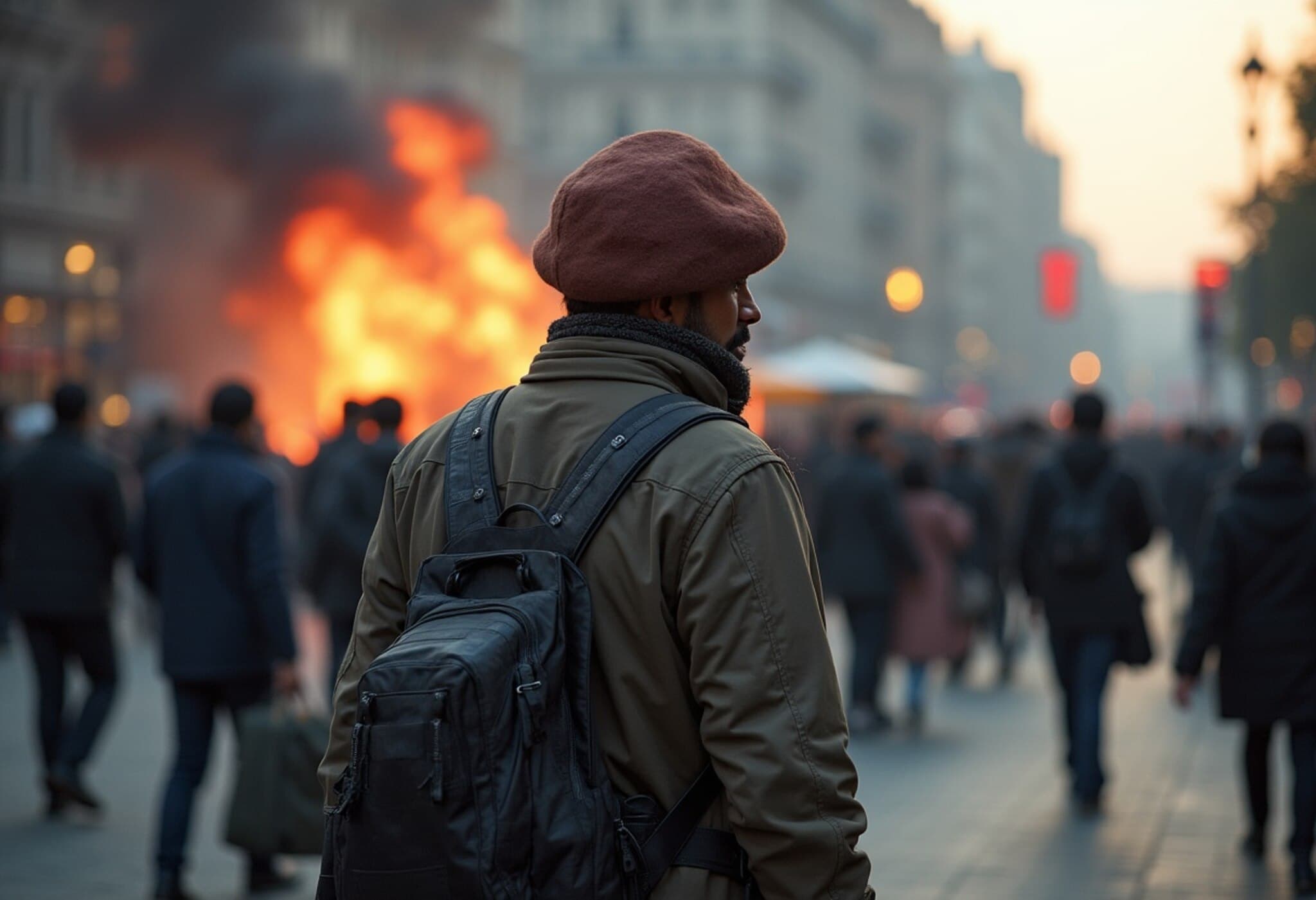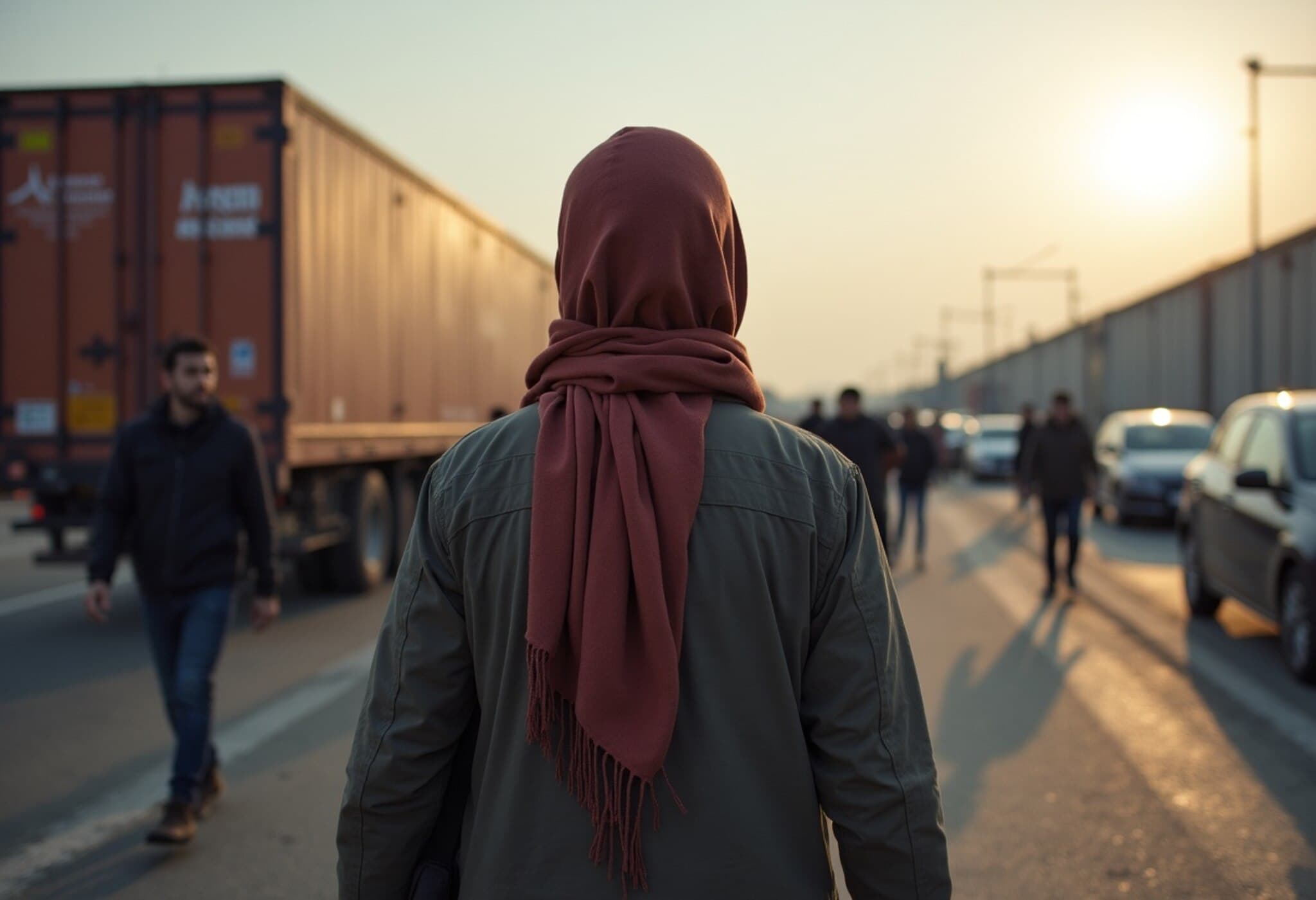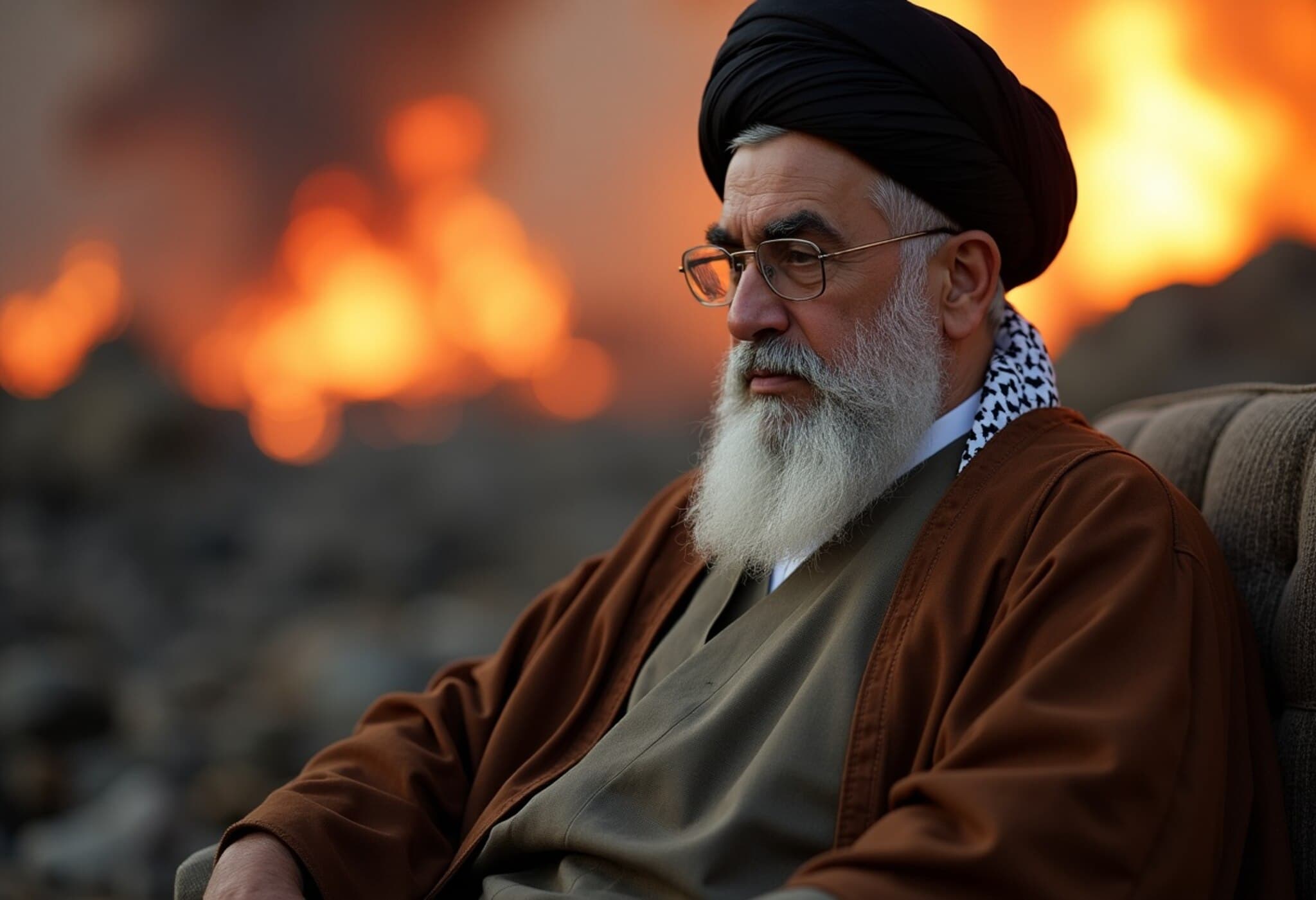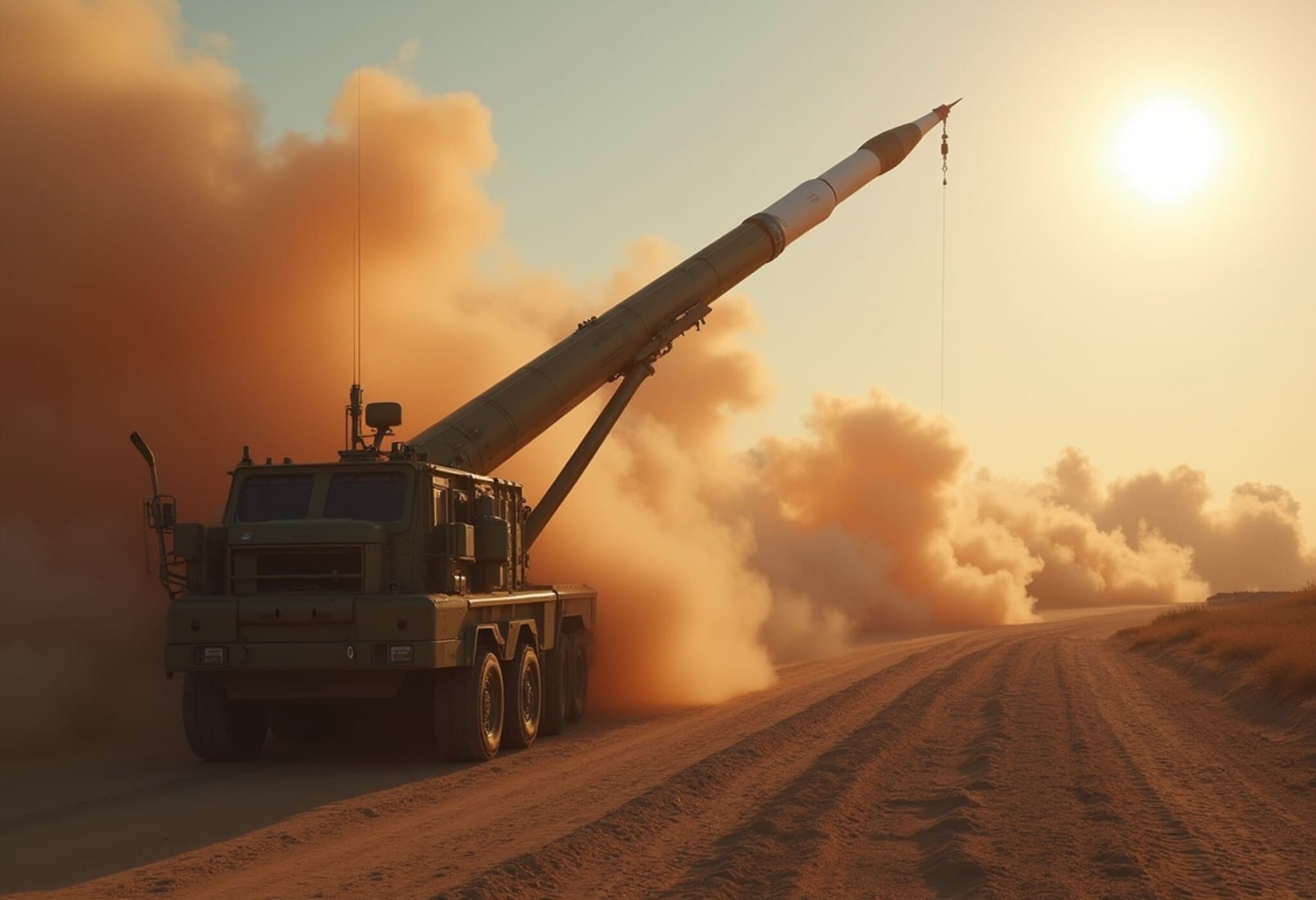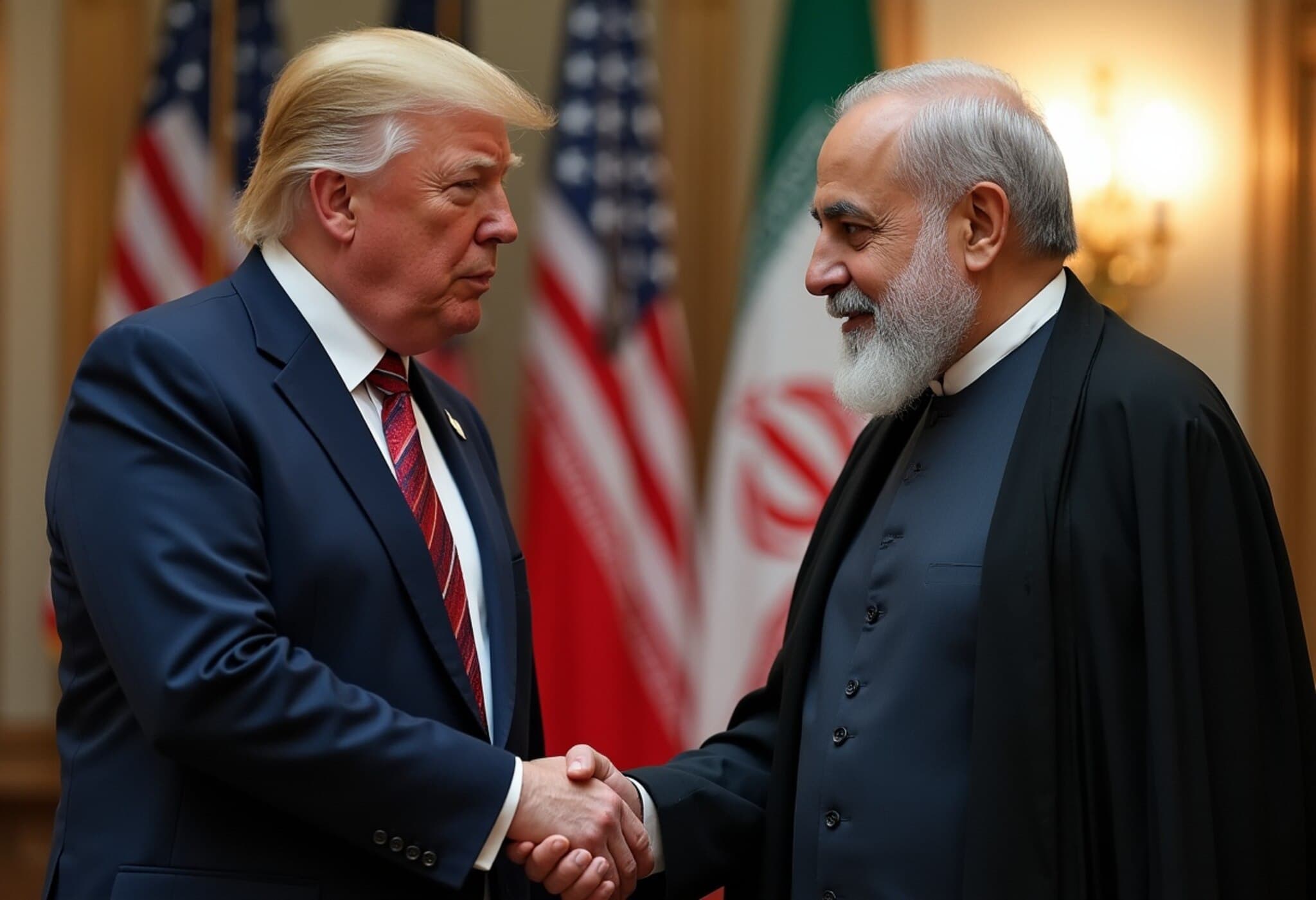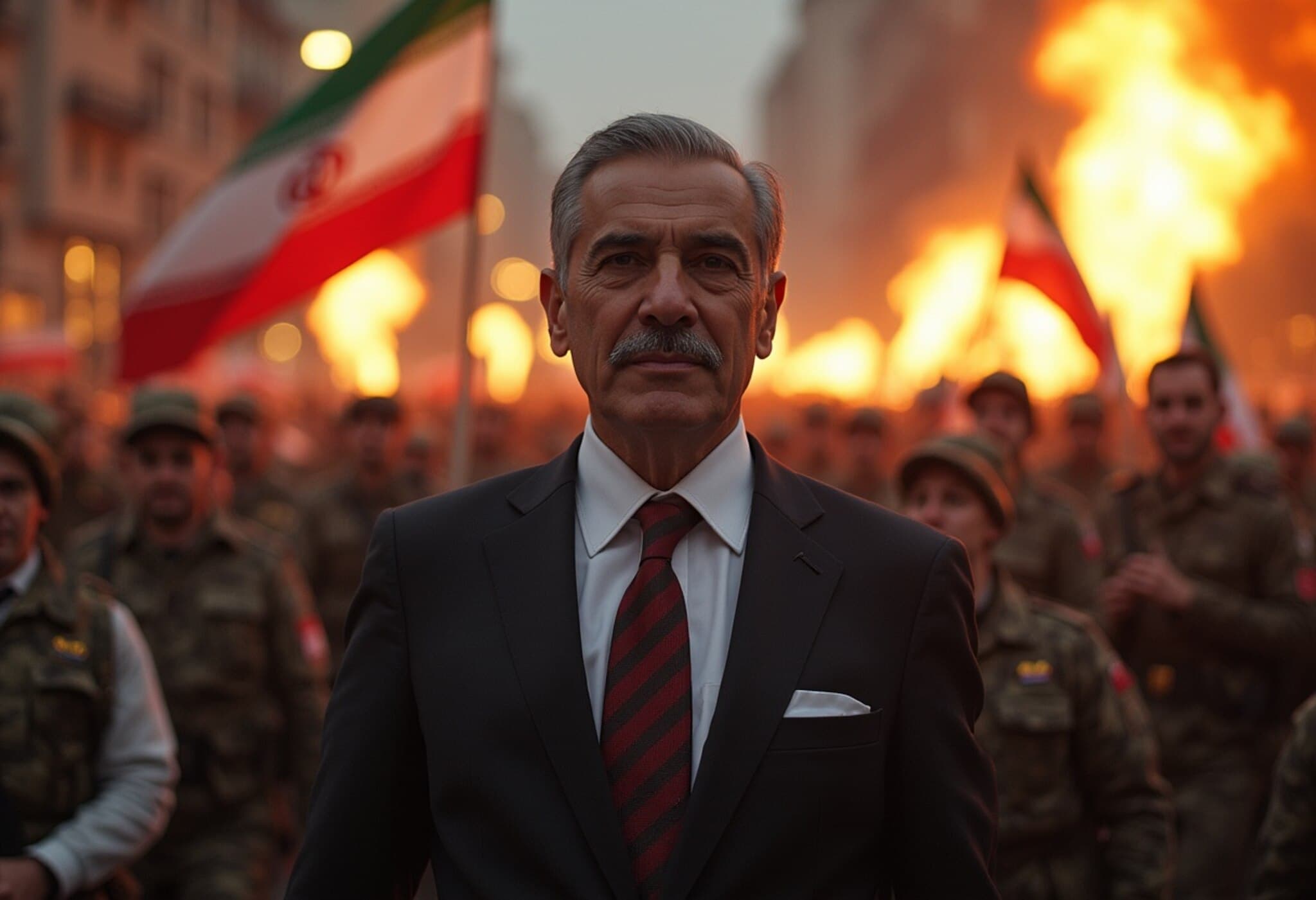Stranded After Escaping Tehran Airstrikes
Falguni Dey, a geography professor from Kolkata and avid mountaineer, barely escaped the escalating conflict in Tehran. After a tense 500-kilometer journey through missile-threatened Iran, he reached the land border at Astara near the Caspian Sea, aiming to cross into Azerbaijan and fly home from Baku. However, his relief soon gave way to fresh challenges.
Unforeseen Hurdle: The Special Migration Code
Despite holding an e-visa, Dey found himself unable to enter Azerbaijan without a special migration code—a requirement he was unaware of before his trip. Azerbaijani authorities have withheld entry until this code is granted, resulting in a delay of at least two weeks. "I managed to escape the bombs, but now I am stuck because this migration code is mandatory," Dey shared, describing his growing frustration and anxiety.
Visa Complications Exacerbate the Crisis
Dey had been stuck in Tehran since June 12 due to the shutdown of airspace following Israeli airstrikes on Iran amid ongoing conflict. Originally in Iran since June 6 to attempt climbing Mount Damavand, a snowstorm forced him to cancel his expedition. Without available flights out and feeling unsafe, he took the arduous road route to the Astara border. However, the realization that his existing e-visa wouldn't suffice for land crossing left him in limbo.
Emotional and Financial Toll
The professor’s hopes of returning home have been dashed for now. His pre-booked flight from Baku to Mumbai was canceled along with his hotel reservation. "No one informed me beforehand that I needed this extra migration pass, especially amidst a war situation," Dey lamented. With resources running low and the wait stretching indefinitely, he faces both emotional exhaustion and financial strain.
Feeling Isolated Among Foreign Nationals
While Dey has observed many foreigners crossing the border smoothly with various visas, Indian nationals like him must wait for the migration code, deepening his sense of isolation. "There’s a long queue, but only Indians need this code," he noted, highlighting the uneven bureaucratic treatment.
Support From Home and Kind Strangers
Despite the hardships, Dey is grateful for the support he's receiving. University officials and mountaineering colleagues have been in regular contact. Additionally, the Indian embassy's cultural wing in Tehran is assisting him, working alongside officials in Baku to facilitate his passage. The local driver who accompanied him was also compassionate, attending to his needs throughout the journey.
Seeking Alternative Routes Amid Uncertainty
With no clarity on when the migration code will be issued, Dey is contemplating undertaking an exhausting eight-hour trip to the Armenian border, hoping for a quicker escape route. However, he acknowledges the physical and emotional toll the ordeal is taking. "The uncertainty is crushing. All efforts and sacrifices seem wasted," he said.
A Harrowing Journey Turning into a Fight for Survival
What started as an adventurous mountaineering trip has morphed into a desperate struggle to return home safely. Caught between geopolitical turmoil and complex immigration requirements, Dey’s resilience is being tested daily as he relies on the kindness of strangers and the support of loved ones.
Emergency Contacts for Indian Nationals in Iran
- Toll-Free: 1800-118-797
- Phone: +91-11-23012113, +91-11-23014104, +91-11-23017905
- WhatsApp: +91-9968291988
- Email: [email protected]

